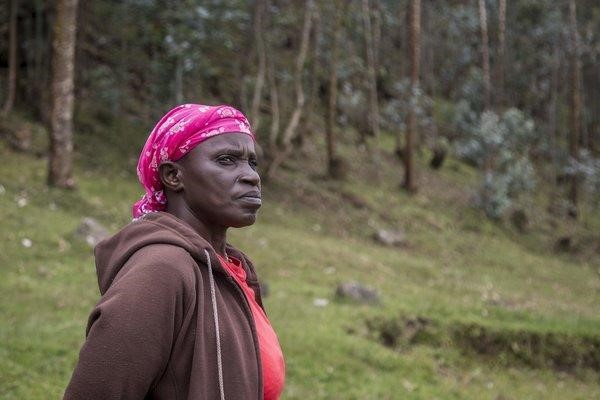- They Committed Genocide. Their Neighbors Welcomed Them Home
- By Hollie Nyseth Brehm and Laura C. Frizzell
- April 24, 2019
- https://www.nytimes.com/2019/04/24/opinion/rwanda-genocide.html
- Twenty-five years after they participated in one of the world’s most atrocious instances of mass violence, their experiences in Rwanda show that peace and reconciliation are possible.
- What happens when hundreds of thousands of people who committed genocide leave prison and return to the communities where they perpetrated violence? This might sound like the plot of a dystopian novel, but in Rwanda, it is reality.
Twenty-five years ago this month, Rwanda crumbled as violence swept across the country. Although political leaders orchestrated the genocide, several hundred thousand Hutu civilians participated by killing or raping members of the Tutsi minority. After the genocide ended, the new Rwandan government created a court system to hold those civilians accountable. Roughly 312,000 trials resulted in prison sentences — including 15,444 life sentences — propelling Rwanda to one of the highest incarceration rates in the world.
Over the past few years, tens of thousands of the convicted genocidaires have been completing their sentences and returning to their communities — once again becoming neighbors to families they harmed.
In 2017, we traveled to Rwanda to find out how these people and their communities are managing this tense situation. Since then, we have been following nearly 200 returning citizens from their final days in prison to their lives back in their communities.
What we learned about their experiences surprised us and taught us about the human capacity for forgiveness and reconciliation.
When we first met Protais, one of the returning genocidaires we interviewed, he was completing his sentence and preparing to return home and rejoin his wife. He expected to be met with hostility upon return, telling us he assumed members of the community hated him. Instead, he found “an amazing situation beyond any comparison.” Neighbors came from “near and far” to welcome him home.
Protais’ experience was not unique. Another man, Straton served almost 21 years in prison for murdering three people. When he was released, he could barely recognize his surroundings because of Rwanda’s vast economic growth. Dirt roads had been paved and new buildings were everywhere, meaning he ultimately had to ask strangers how to find his house. There, he found his wife and children, and after a joyous reunion, the next few days were full of pleasant surprises. “There are people that I never expected to help or to greet me, and they did it … Neighbors would come with Fanta. Some friends would come and give me small amounts of money.”
Fidele, who had killed a person in his village, was able to notify his wife and children when he completed his 22-year sentence. They met him at the bus stop and guided him home while his wife reintroduced him to neighbors they passed on the way. “The following day, some of these neighbors came to my house,” Fidele recalled. “They came and we shared. Each of them contributed money for one bottle of alcohol.” A few days later, Fidele even visited a sibling of the person he killed. Though he was nervous, they went to a bar together and talked. In his words, “We shared a glass.”
Check out the entire article at: https://www.nytimes.com/2019/04/24/opinion/rwanda-genocide.html


